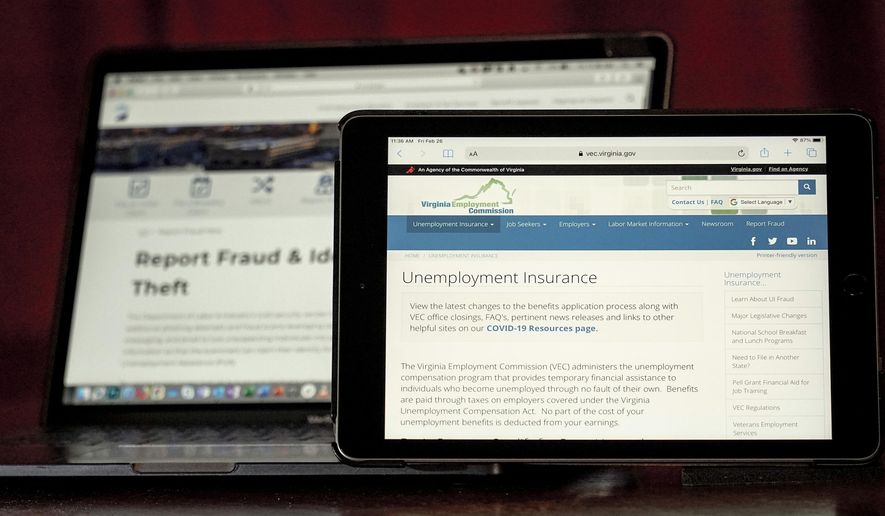Federal prosecutors won guilty pleas Thursday from three people involved in the largest pandemic fraud scheme to date, where investigators say a quarter of a billion dollars flowed to organizations that were supposed to be feeding needy kids but instead pocketed most of the money.
Hadith Ahmed, Hanna Marakegn and Bekam Merdassa each pleaded guilty in a Minnesota courtroom to conspiracy to commit wire fraud, admitting to being a small part of the scam’s total price tag.
Their quick guilty pleas — they were charged just three weeks ago — likely mean they are cooperating with authorities in the cases against dozens of other people charged in the massive scam.
Merdassa admitted that his company, Youth Inventors Lab, didn’t serve the 1.3 million meals he’d been paid for.
Marakegn said her company did use some of the money on children, but not much. She was supposed to be feeding breakfast and lunch to 4,000 children seven days a week. She said she will pay back $150,000.
Ahmed said he took kickbacks, and also opened his own fraudulent food distribution site where he was paid to serve 2,000 meals a day. He has agreed to pay nearly $1.4 million in total restitution.
The fraud centers on Feeding Our Future, a nonprofit that collected $240 million in federal food assistance money during the pandemic.
Investigators say the organization was supposed to be funding millions of meals to be served to children. Few meals were actually served, and the money ended up instead paying for luxury cars, new homes and jewelry.
Feeding Our Future’s founder, Aimee Bock, is among the 49 people who have been charged.
Prosecutors say the scammers faked 125 million meals. They have said the price tag makes it the largest pandemic fraud scheme uncovered to date.
Usually, food assistance programs are run through schools, with the federal government cutting the checks and relying on states to carry it out, while following certain rules.
With schools shut down during the pandemic, the federal government changed the rules to allow off-site distribution of meals, and to allow for-profit organizations to participate.
The goal was to get money out the door quickly, but the cost was massive fraud. It’s the same story with the pandemic’s unemployment benefit expansion and two major business loan programs that were designed to prop up the economy during the pandemic shutdowns. Each of those programs has seen massive fraud from people who took advantage of more relaxed rules.
Prosecutors said in the case of the food program, fraudsters’ ability to pull off the scam was easier because stay-at-home orders and telework policies made it tougher for officials to conduct on-scene oversight.
Feeding Our Future took advantage of the new rules. Its share of federal food assistance funding surged from $3.4 million in 2019, before the pandemic, to nearly $200 million in 2021.
Authorities say the organization recruited others to open food distribution sites throughout Minnesota. The people who ran those sites then applied for money, pocketed most of the money and paid kickbacks to Feeding Our Future.
The sites created fake rosters to make it look like they were providing meals.
One site submitted a roster with roughly 2,000 names of children getting meals at an after-school program. That would have been half the children in the entire school district. But in reality, just 33 of the names matched actual students.
Another site listed 2,032 names. Just 16 of them matched with actual students.
One small storefront deli in St. Cloud, Minnesota, claimed to be serving 3,000 children a day.
Minnesota Department of Education officials eventually began to get suspicious and in 2020 they blocked Feeding Our Future’s attempt to sponsor new distribution sites.
Feeding Our Future then filed a federal lawsuit complaining the department was racist by denying applications that would largely benefit minority and immigrant kids.
“Every day that goes by hundreds of the state’s most vulnerable children are going without much-needed meals and food during a global pandemic,” the organization claimed.
The lawsuit was eventually dropped.
For more information, visit The Washington Times COVID-19 resource page.
• Stephen Dinan can be reached at sdinan@washingtontimes.com.




Please read our comment policy before commenting.